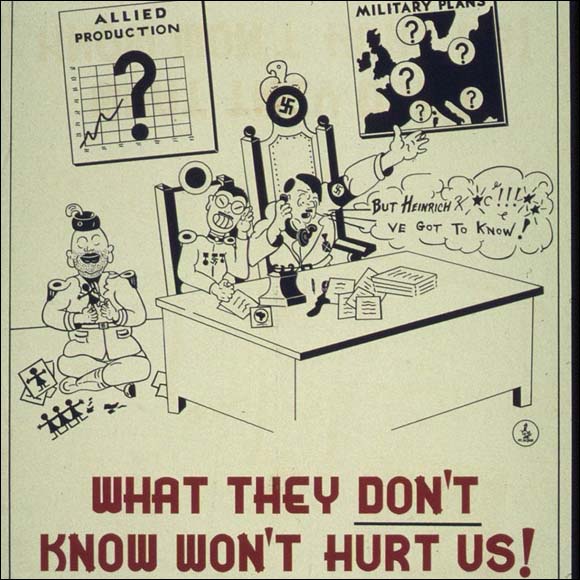 This is a slightly off-topic post, but since many export professionals also have security clearance issues in their portfolio, I think they might find this post interesting. I also make a labored attempt to find an export law connection in the last paragraph of this post for any traditionalists out there.
This is a slightly off-topic post, but since many export professionals also have security clearance issues in their portfolio, I think they might find this post interesting. I also make a labored attempt to find an export law connection in the last paragraph of this post for any traditionalists out there.
The following item ran as a letter to the editor in today’s Washington Post:
Kudos to John Hamre [“This is no way to weed out spies,†Washington Forum, Feb. 22] for taking on some of the absurdities in how our government investigates candidates for security clearances.
During the most recent investigation into my own clearance renewal, the responsible agency refused to sign off. The reason? I had failed to file a foreign-contact report on an English-born woman I had known for many years and with whom I am still close. At that point in time, I had held a top clearance for more than 20 years and had served in several positions of significant trust. I had even disclosed the relationship on my application, but the government was correct: I had never filed that report.
I asked for a waiver on the grounds that she was naturalized in 1955 and had therefore been an American longer than me, even providing a copy of her naturalization certificate. It was all to no avail, however, so I dutifully filed a report disclosing that I was in regular contact with my mother. My clearance was renewed a few weeks later.
If this kind of thinking from the federal government is encountered in gauging compliance by foreign licensees with the (relatively) new dual national rules, no one will ever rely on the exception in those rules for certain foreign dual nationals. Those rules require foreign licensees to determine whether foreign dual nationals with one nationality in an embargoed country have too much contact with other persons in the embargoed country. If a foreign national still talks to his mother in, say, China, then there could be trouble. Maybe it’s okay if the employee in that situation just sends his mom a card on Mother’s Day and leaves it at that. Phone calls and trips home, however, are out of the question.

 Posted by
Posted by  Category:
Category: 

 Section 219 of the
Section 219 of the  It appears that the Department of State may be
It appears that the Department of State may be 
 Last week, Aviation Week
Last week, Aviation Week 

